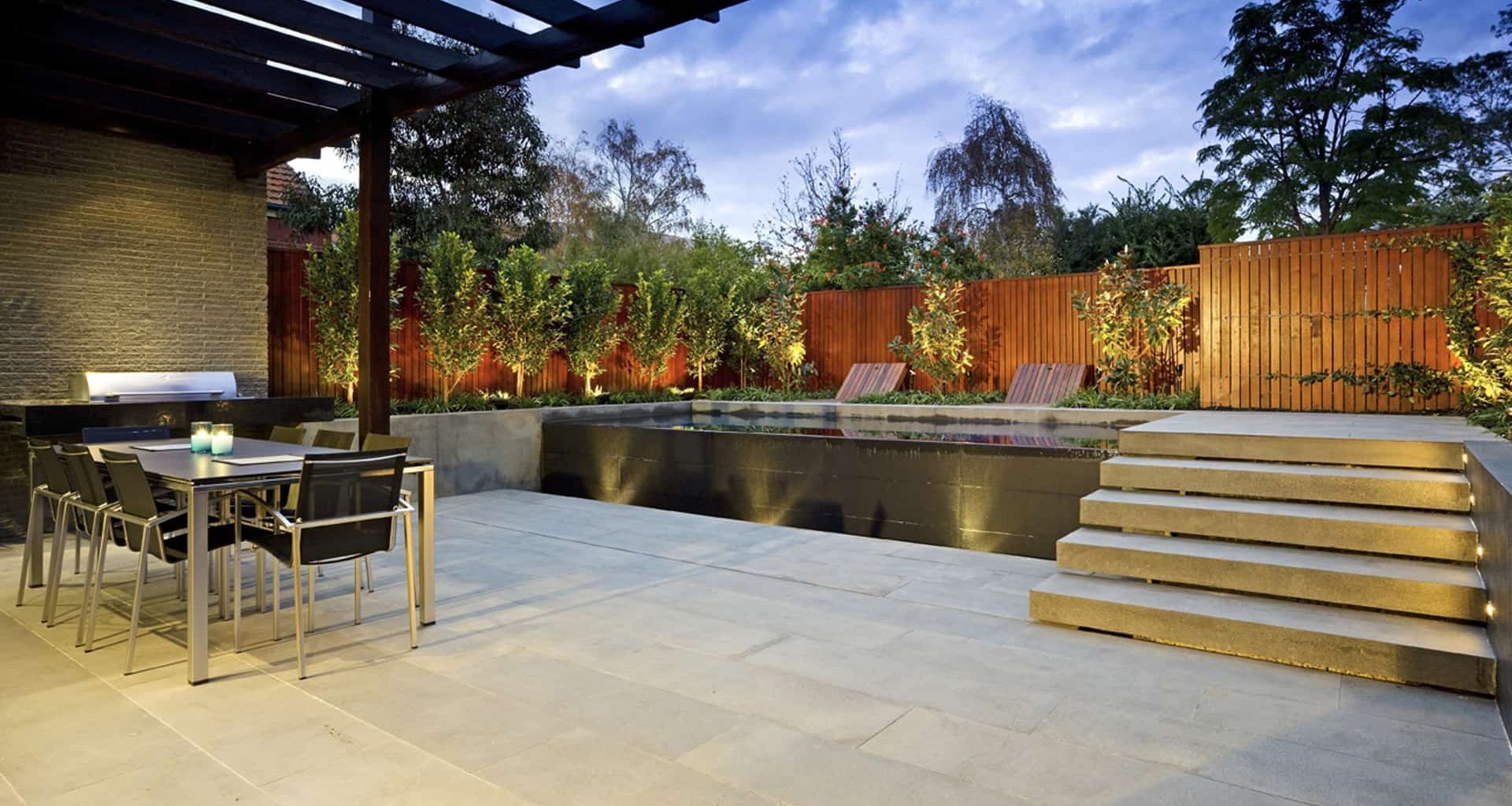Alternative to Engineered Stone

Australia has become the first country to ban engineered stone’s use, manufacture and import. As of January 1, 2024, consumers are urged to consider alternative options for their benchtops and other surfaces, with an outright ban on engineered stone coming into effect as of July 1, 2024.
There are set to be exemptions for the removal, repair, minor modification, and disposal of existing engineered stone benchtops, and an allowance for engineered stone products with trace levels of crystalline silica (<1%).
Why ban engineered stone?
Processing engineered stone can release respirable crystalline silica, leading to silicosis – a severe lung disease. The ban is a response to increasing cases of silicosis among workers handling engineered stone, underlining the urgent need to protect worker health and safety.
What about the silica in natural stone or concrete?
While Crystalline silica is a common mineral found in many materials like sand, stone, and concrete, the danger of respirable crystalline silica (RCS) in engineered stone is heightened due to several factors.
Firstly, the RCS from engineered stone often includes more ultrafine (nanoscale) particles, which can penetrate deeper into the lungs. Secondly, other components in engineered stone, like resins and metals, may exacerbate the toxic effects of RCS. Additionally, the ease of processing engineered stone allows for more significant volumes to be handled, increasing worker exposure to dust. Finally, engineered stone often has a higher crystalline silica content than natural stone, leading to more RCS-rich dust during processing.
What are the alternatives to engineered stone?
Natural stone
From granite and marble to limestone and basalt, natural stone is a versatile material and, in many cases, perfectly suitable for use as a benchtop. Natural stone comes in a huge variety of colours and textures. The price and durability can vary with so many options, but natural stone must be sealed and maintained.
Ultracera
Ultracera is new to the Australian market and is produced from zero silica-content materials. Ultracera looks and acts like traditional engineered stone and comes in over 270 colours, most of which mimic natural stone. Ultracera is impermeable and prevents liquids and pathogens from penetrating the surface, which provides a highly sanitary surface that is easy to clean and maintain.
Sintered stone
Sintered Stone is made from a mixture of natural minerals, such as quartz, feldspar, and clay, that are sintered together to form a solid, non-porous mass. Sintered stone has a natural and uniform appearance, with full-body colours and patterns that resemble natural stone. Sintered stone is more robust, durable, and resistant to heat, scratches, stains, and chemicals than porcelain.
Porcelain
Porcelain is made from dense clays fired at high temperatures to create a rigid, glazed surface. Porcelain has a printed surface that can imitate various designs, such as marble, wood, or metal, but, in most cases, the pattern does not go through the entire thickness of the material. Some porcelain is full-bodied, but they are more expensive. Porcelain is durable but prone to chips, cracks, and thermal shock.
Terrazzo
Terrazzo is a composite material made of chips of marble, quartz, granite, glass, or other suitable material mixed with a cement or epoxy binder. Terrazzo has a natural and uniform appearance, with various colours and patterns. Terrazzo is relatively durable and colour-fast but needs to be sealed and maintained.
Corian
Corian is a blend of acrylic and natural minerals that is zero silica, non-porous, and can be moulded into any shape or colour, but also more susceptible to scratches and heat damage.
Laminate
Laminate benchtops are made of a layer of laminate, a thin plastic sheet bonded to a substrate of particleboard or MDF (medium-density fibreboard).
Laminate benchtops are cheaper than other options and come in various colours and designs. They are easy to clean but not as durable as other materials, such as stone or solid surfaces. Laminate benchtops can be damaged by heat, cuts, scratches, and chips and cannot be easily repaired.
Concrete
Concrete benchtops can be made in any shape, size, colour, or design and can even incorporate other materials, such as glass, metal, or shells. They are prone to cracking, chipping, scratching, and staining and need regular sealing and maintenance. They’re also expensive and require professional installation.
Stainless Steel
A modern and sleek option that is easy to clean and resistant to bacteria but also prone to denting and fingerprints.
Wood or Timber
Timber is natural and attractive but can be soft and prone to cuts, chips and scratches. Timber has fewer colour options than other materials, so they’re not suitable for all kitchens. Timber benchtops also require regular oiling or waxing with a food-safe oil or polyurethane to prevent staining and discolouration.
